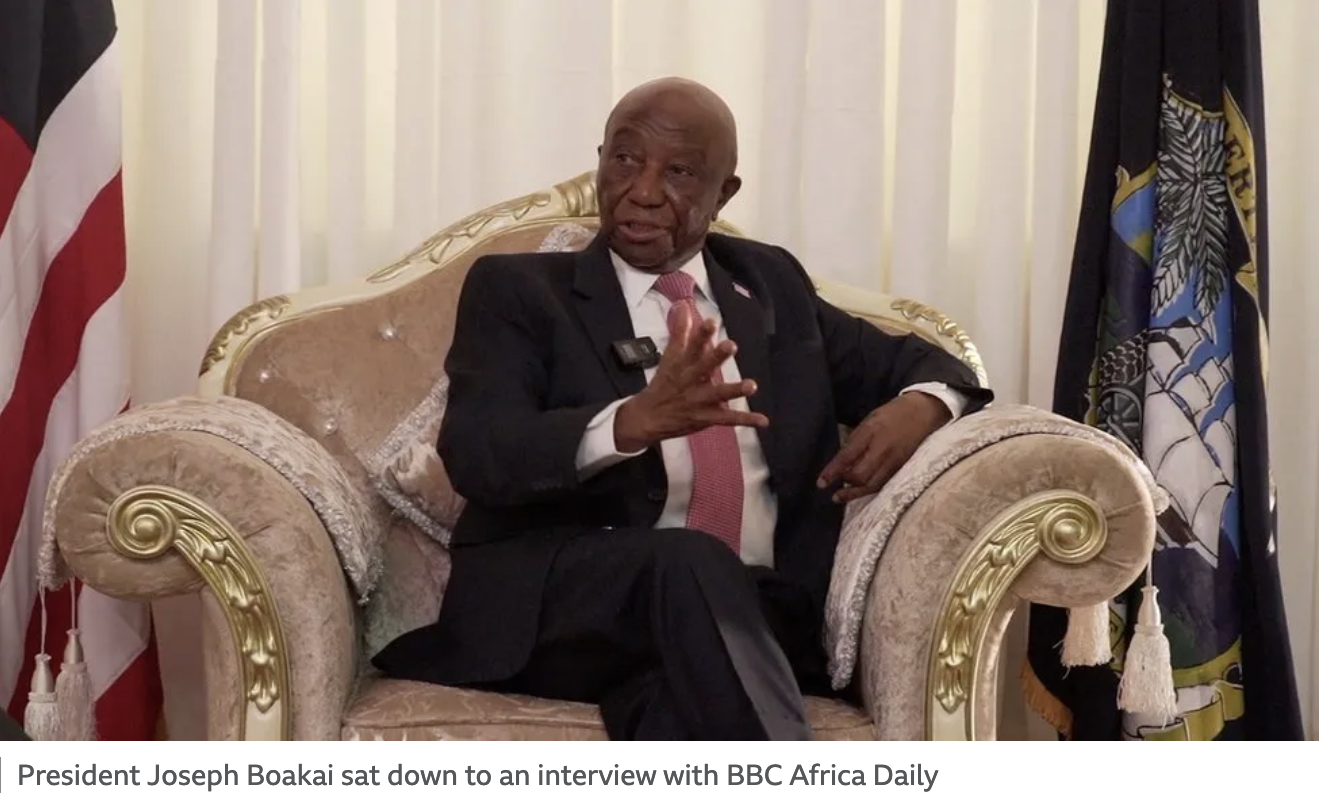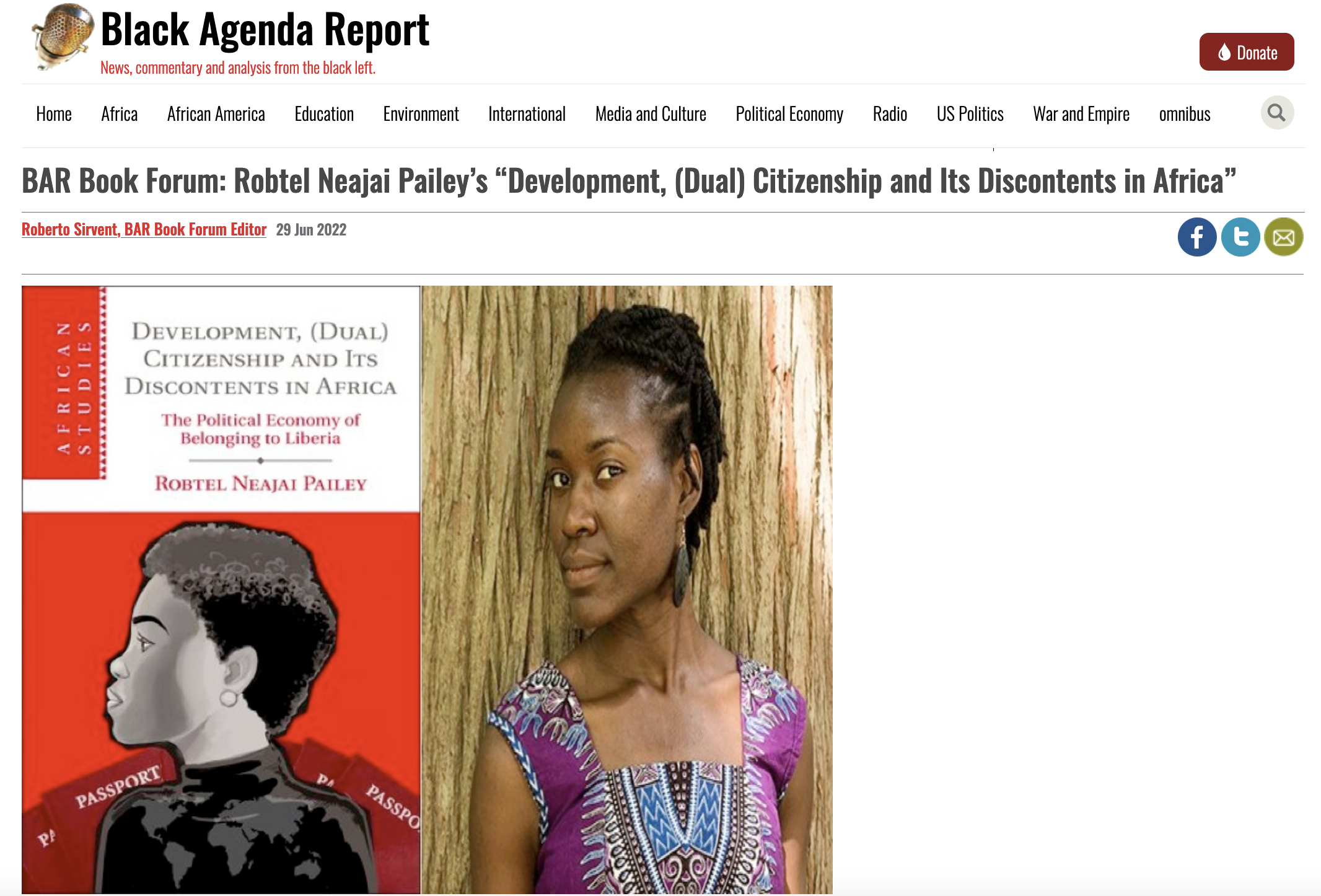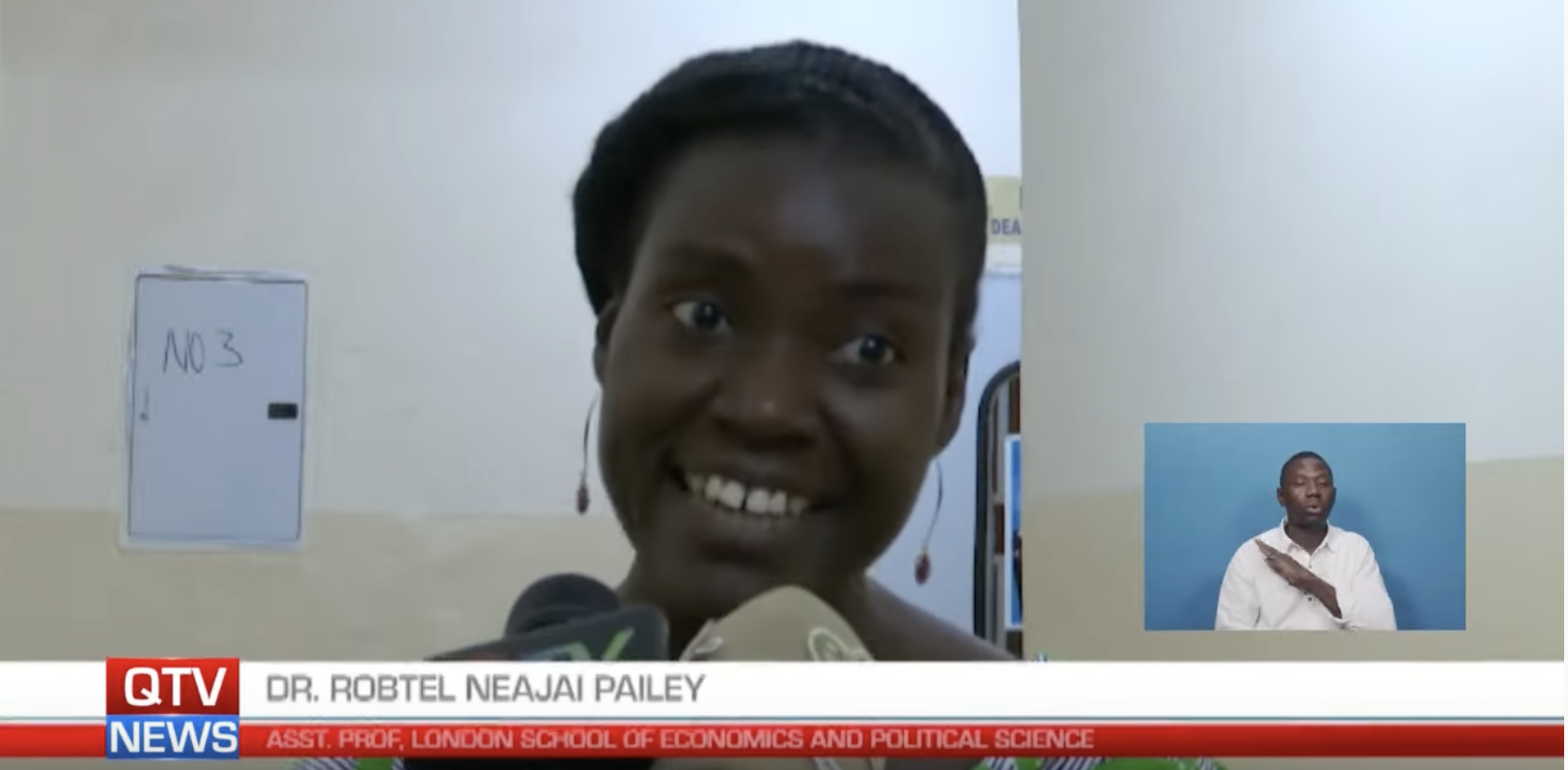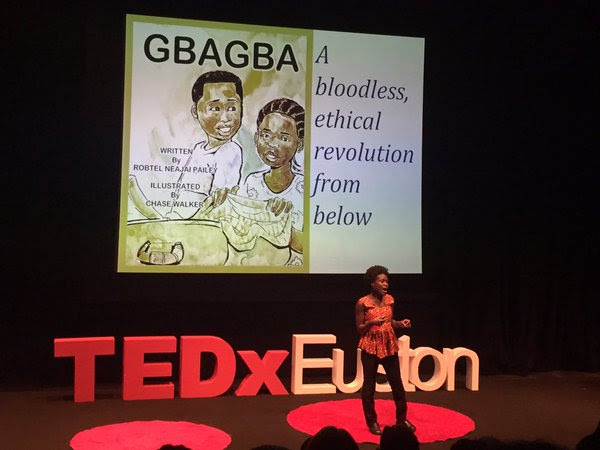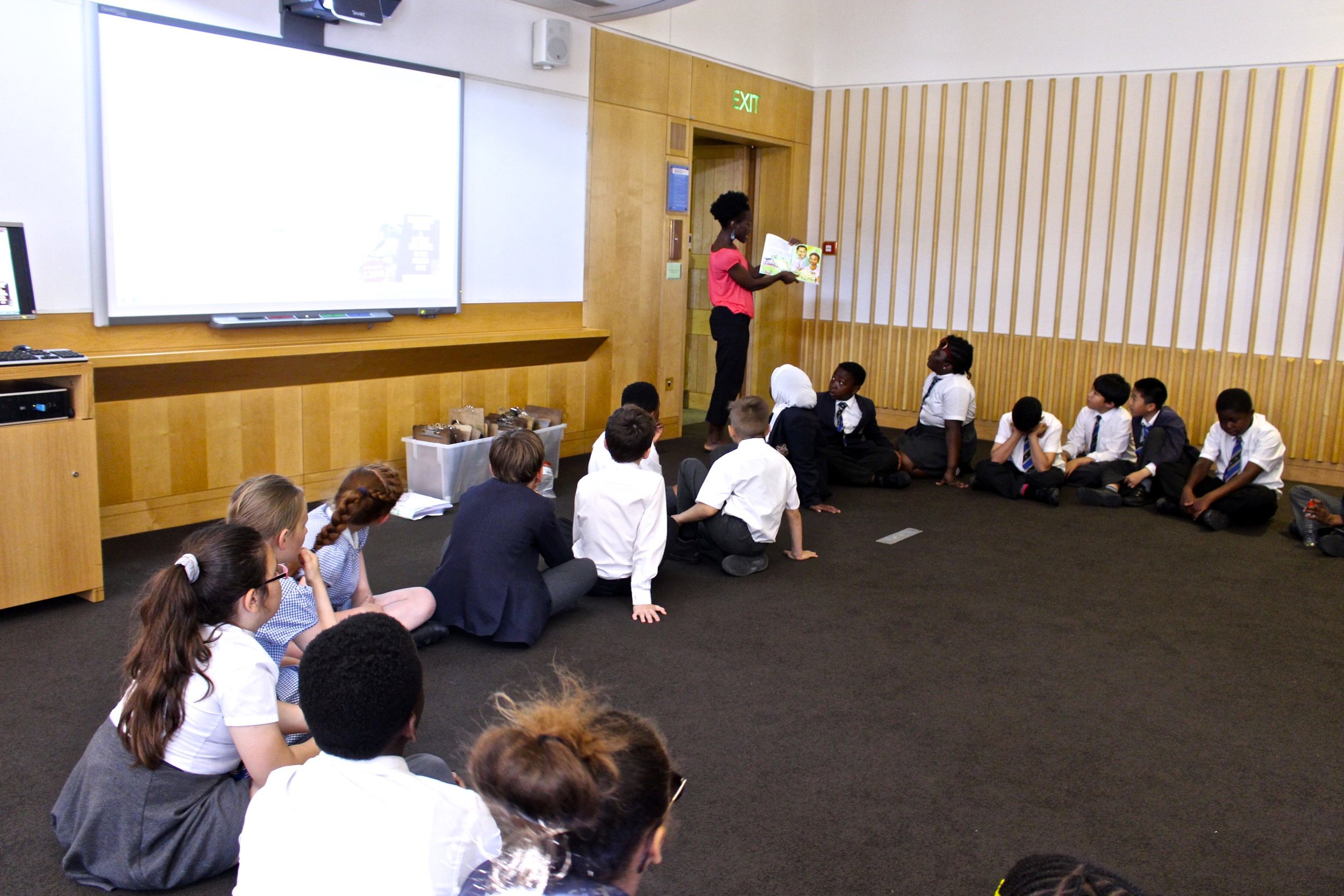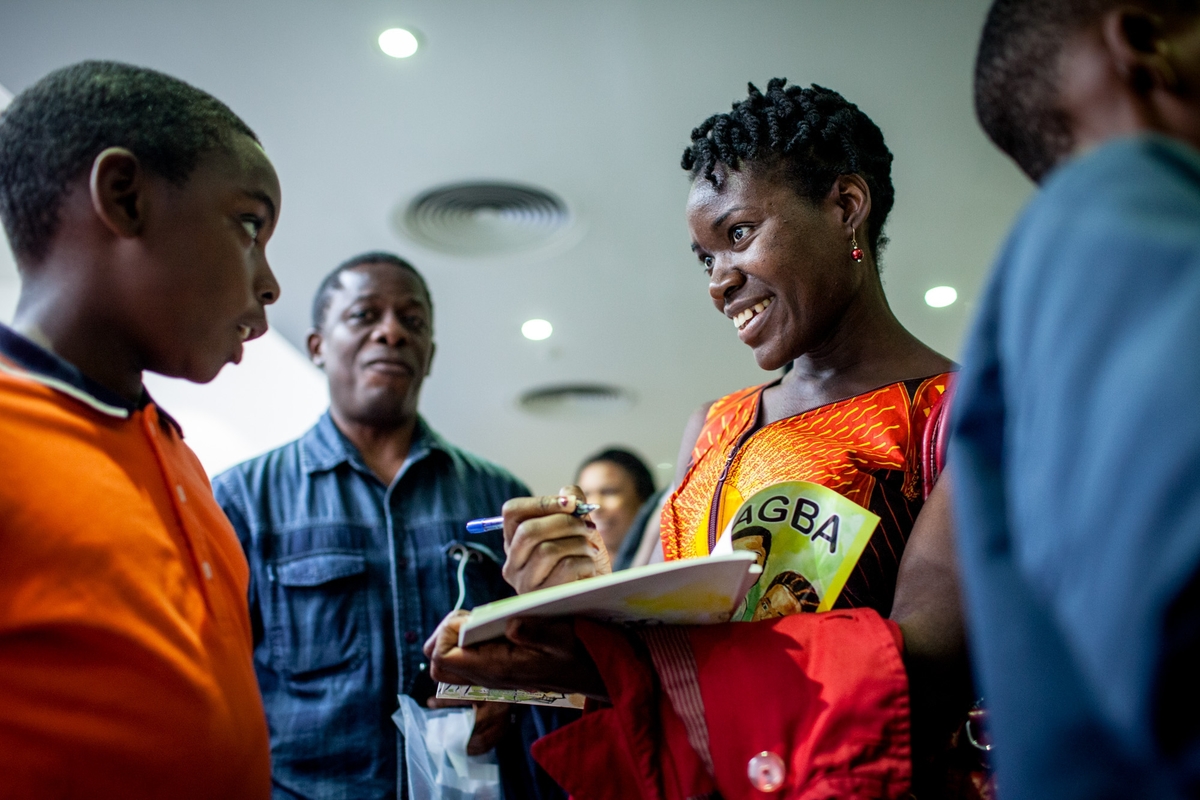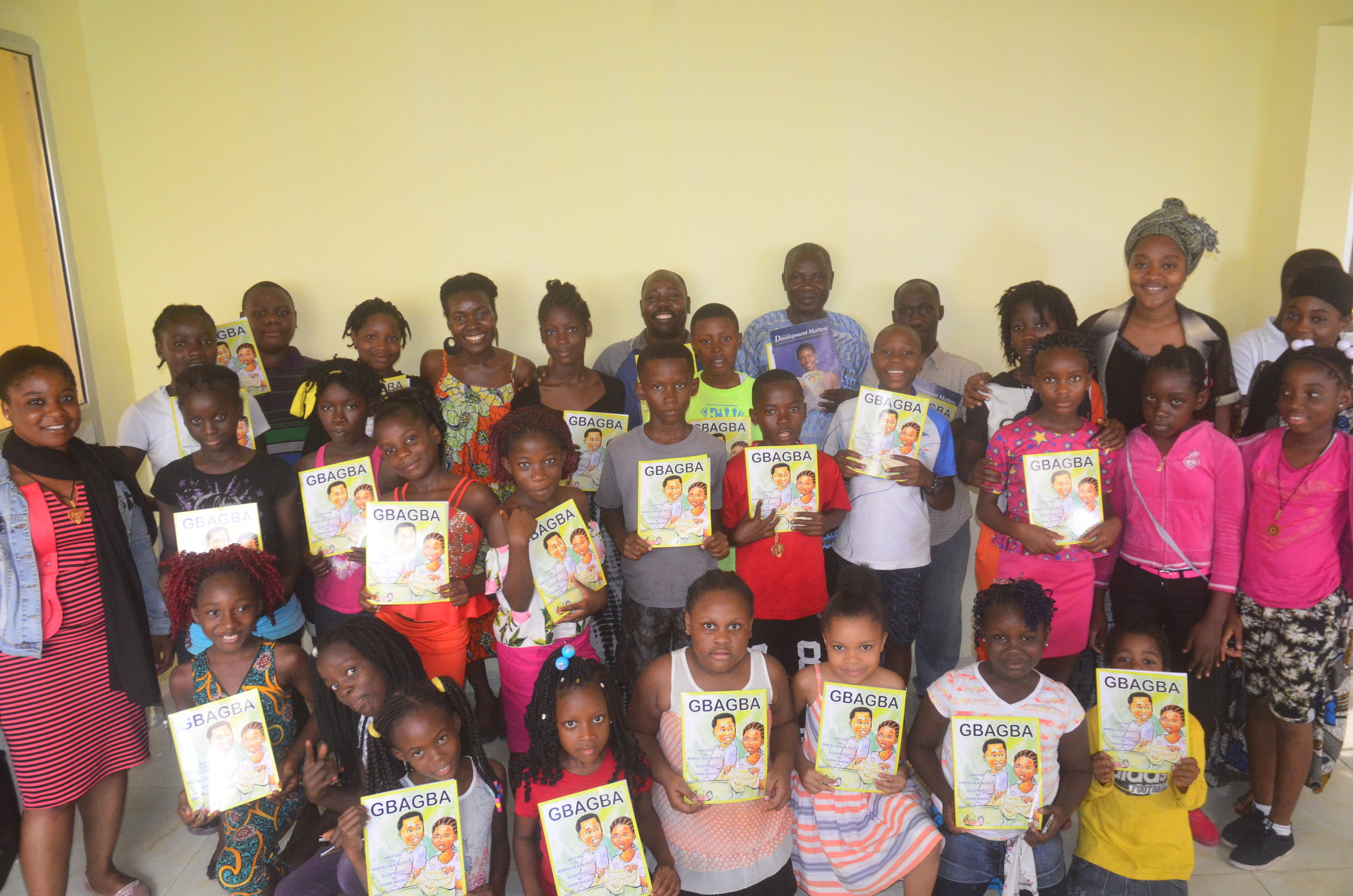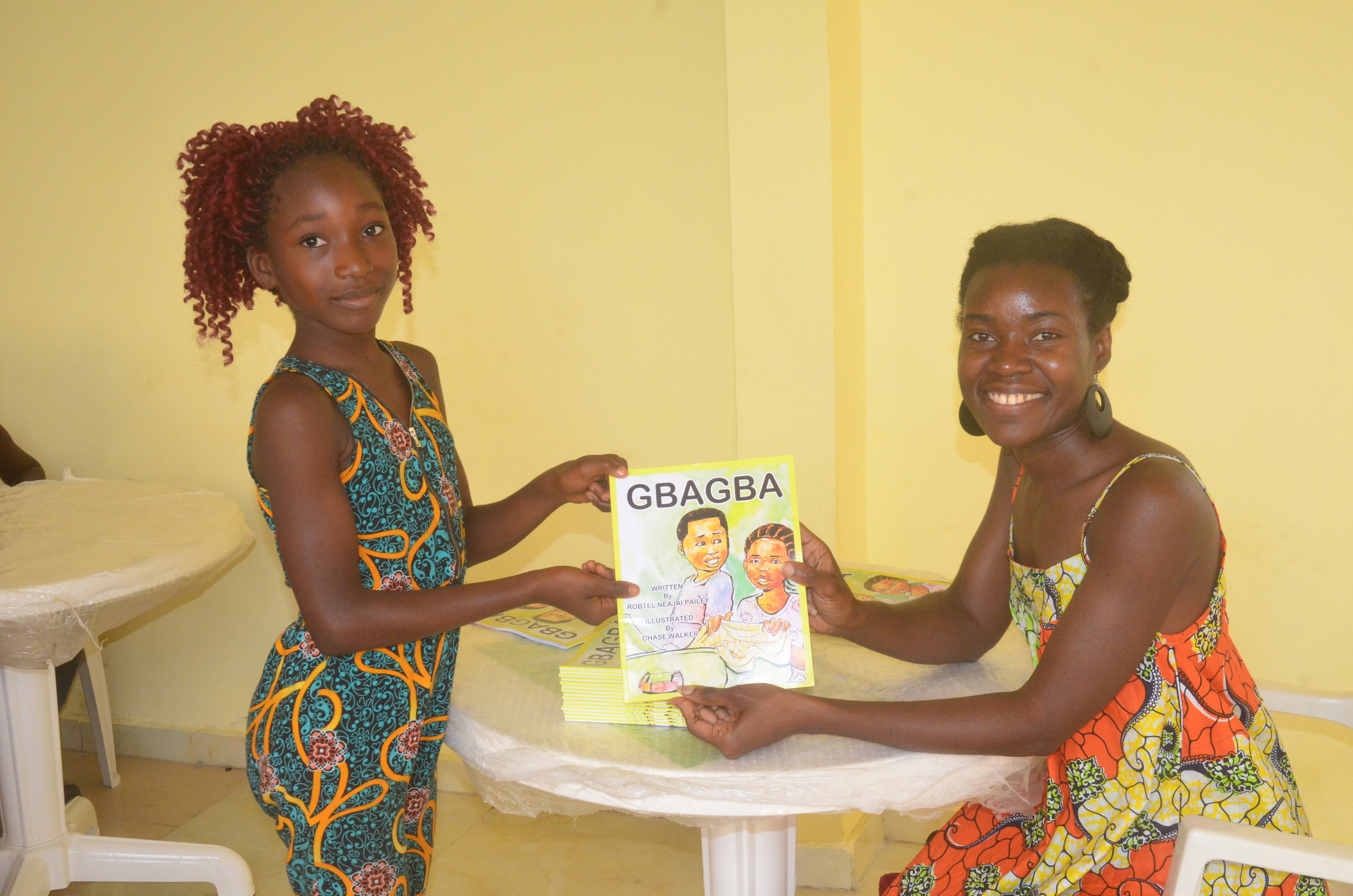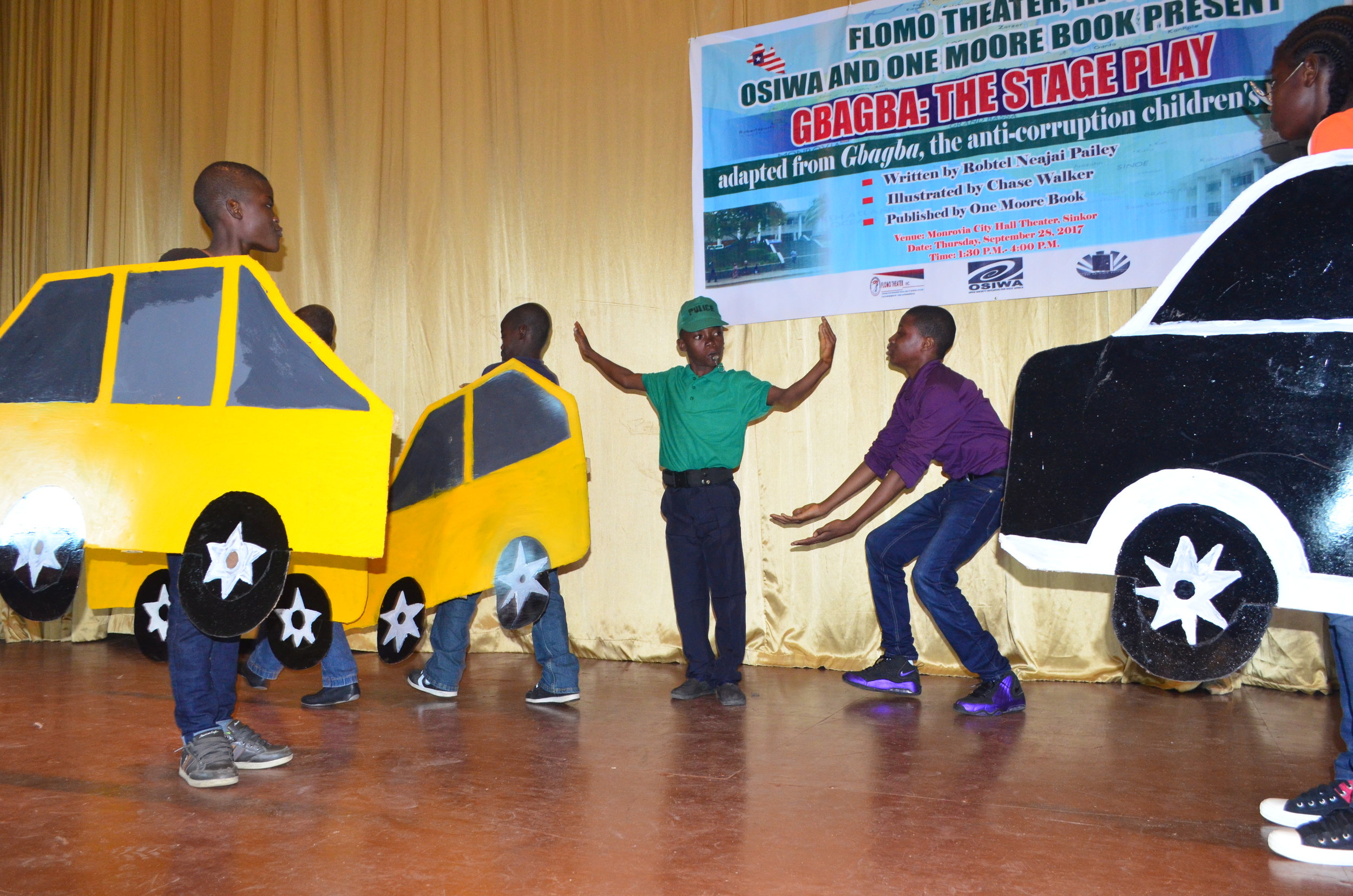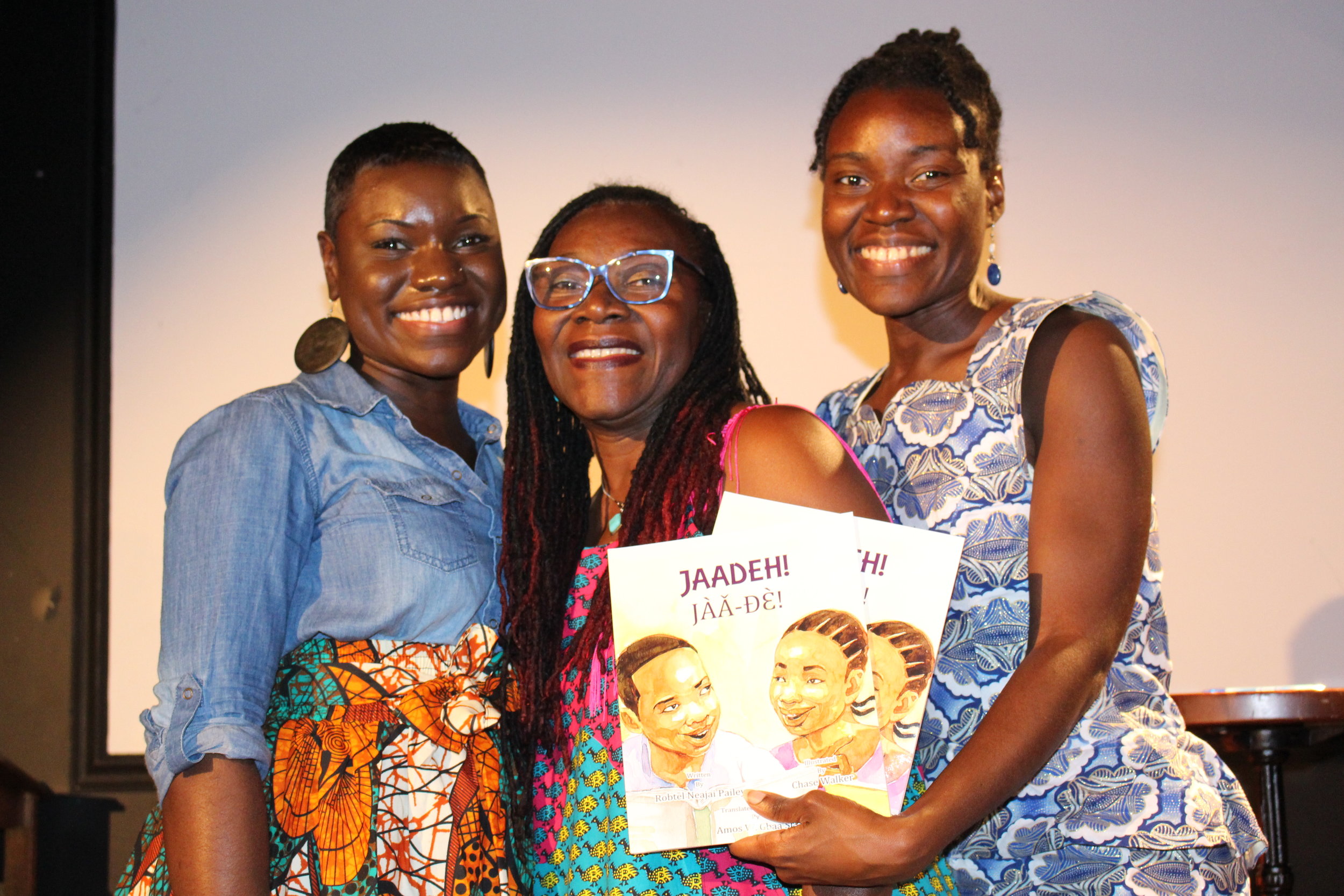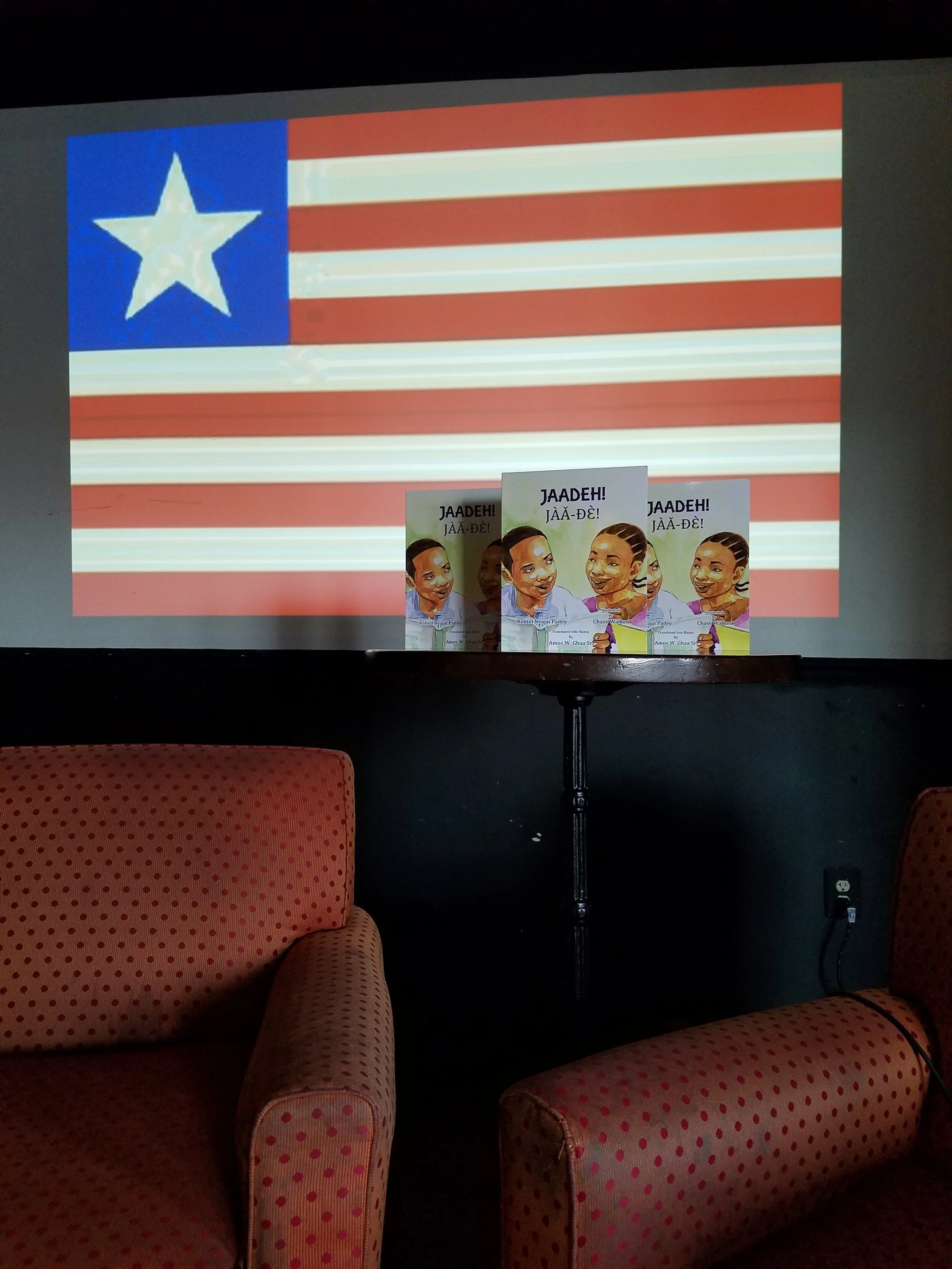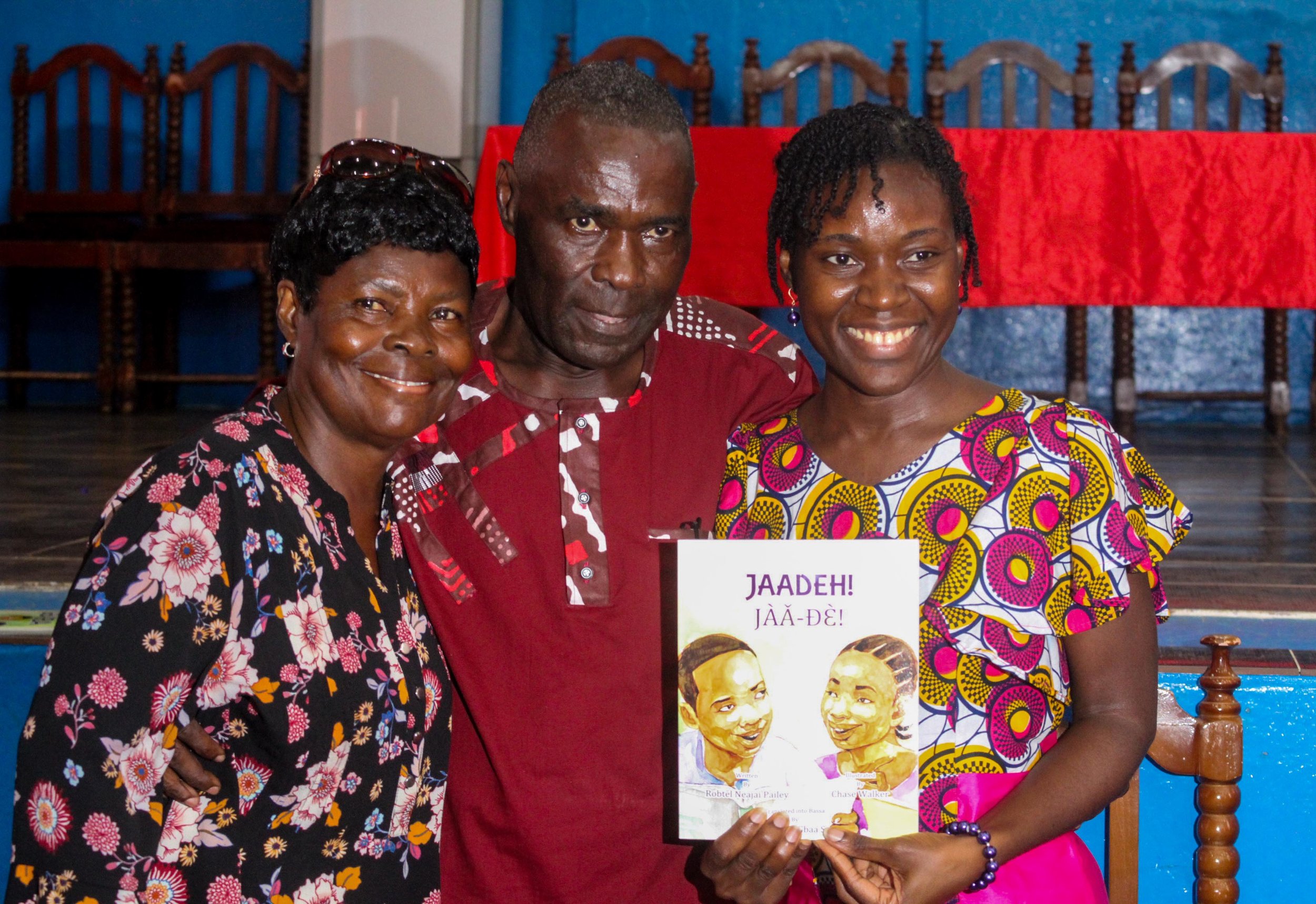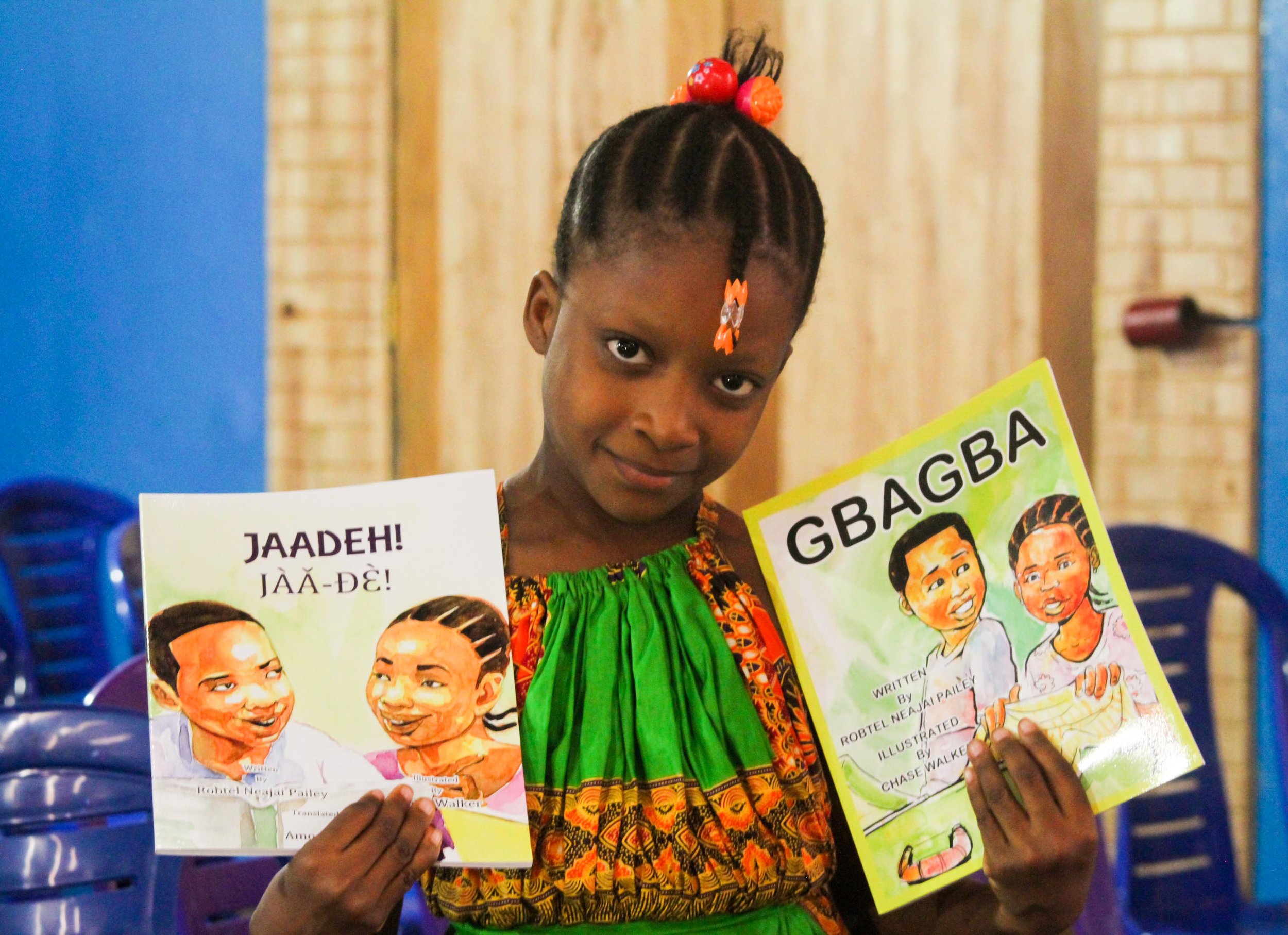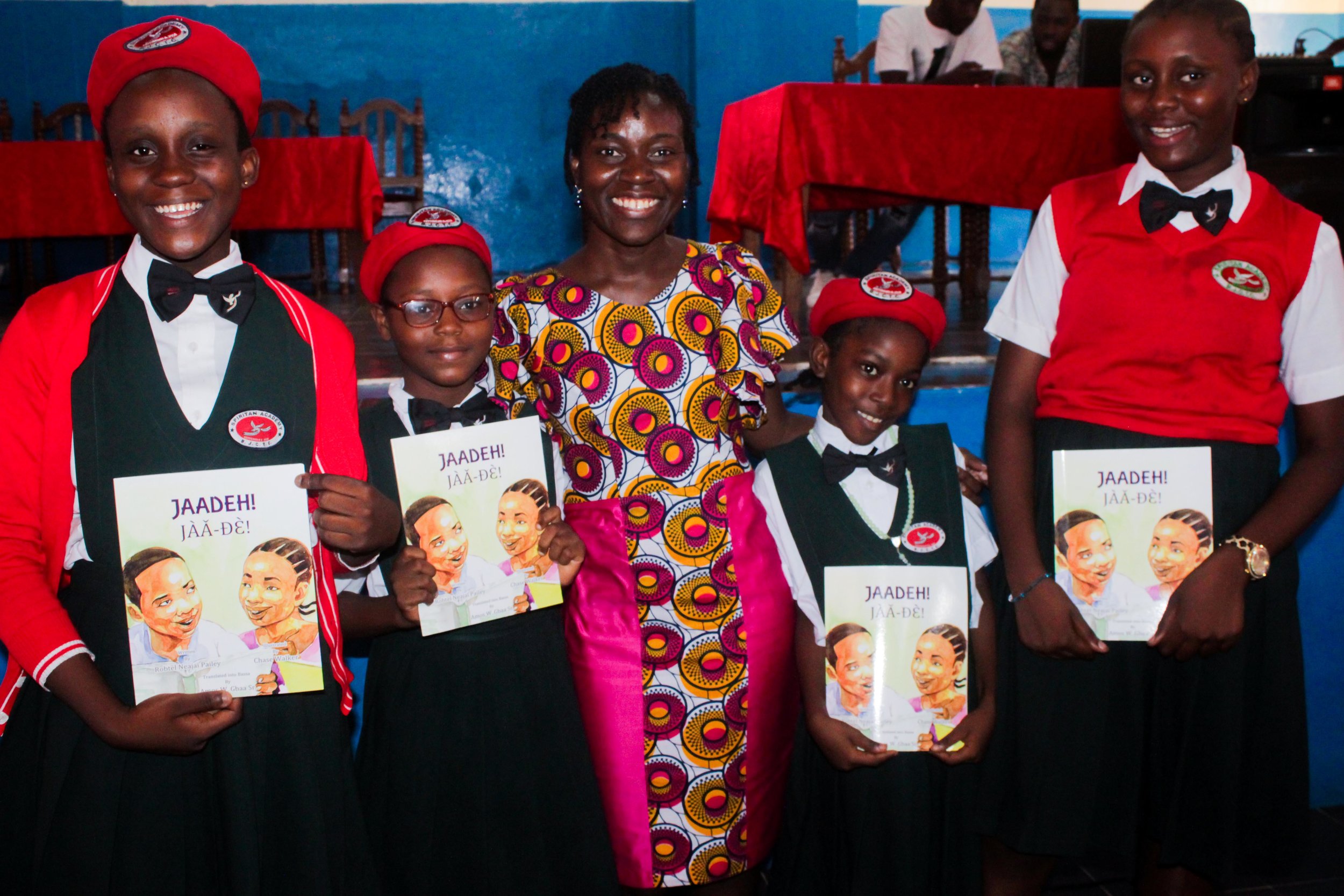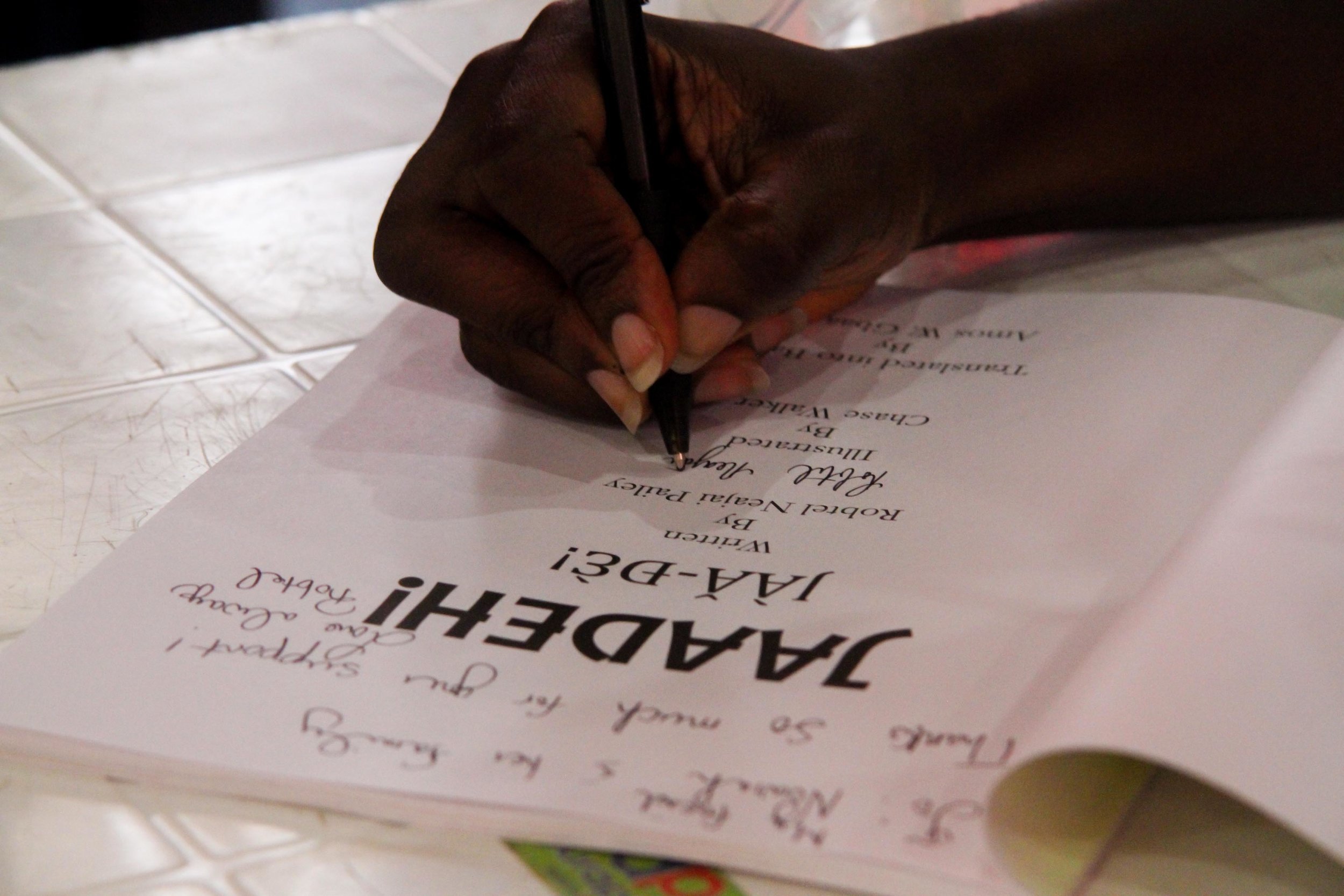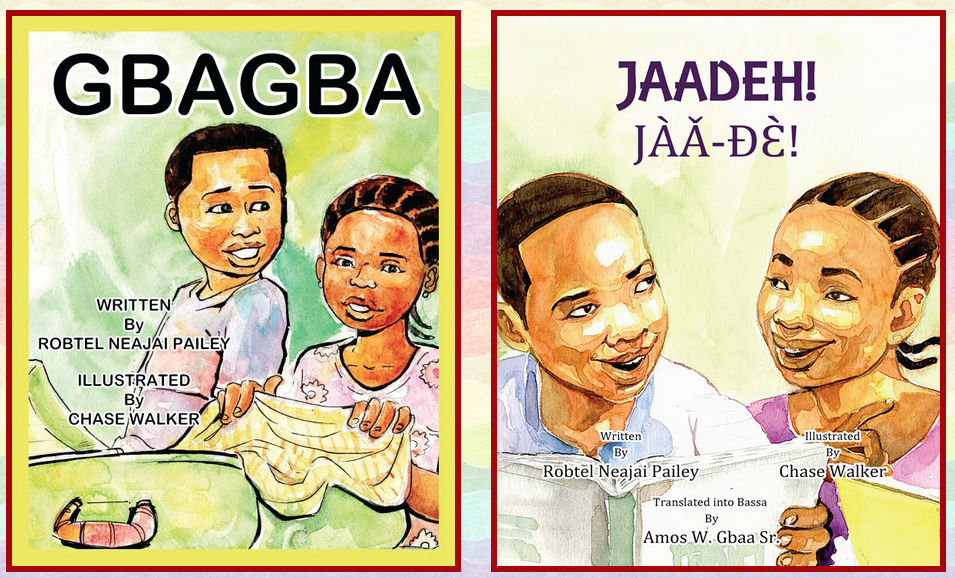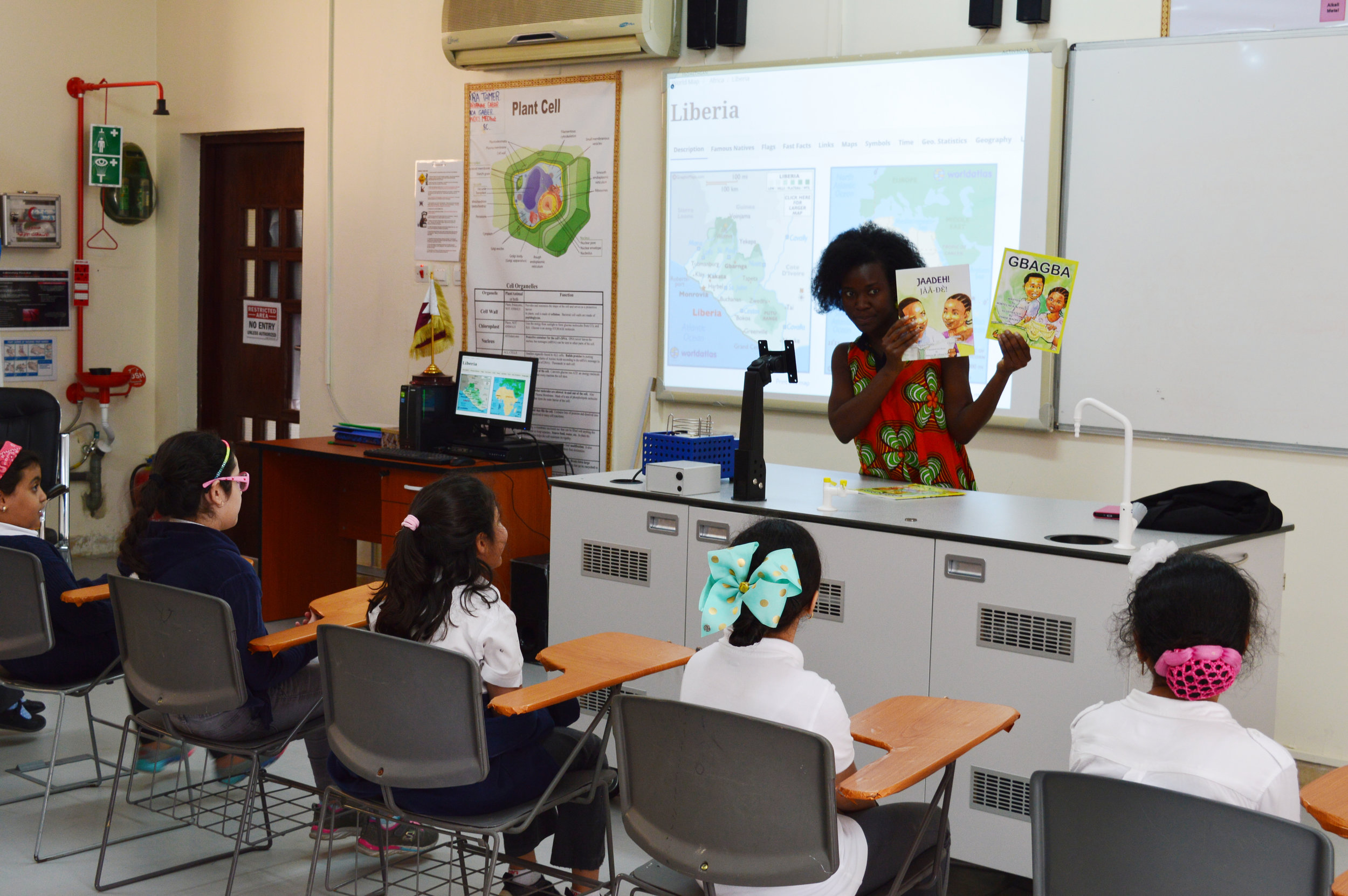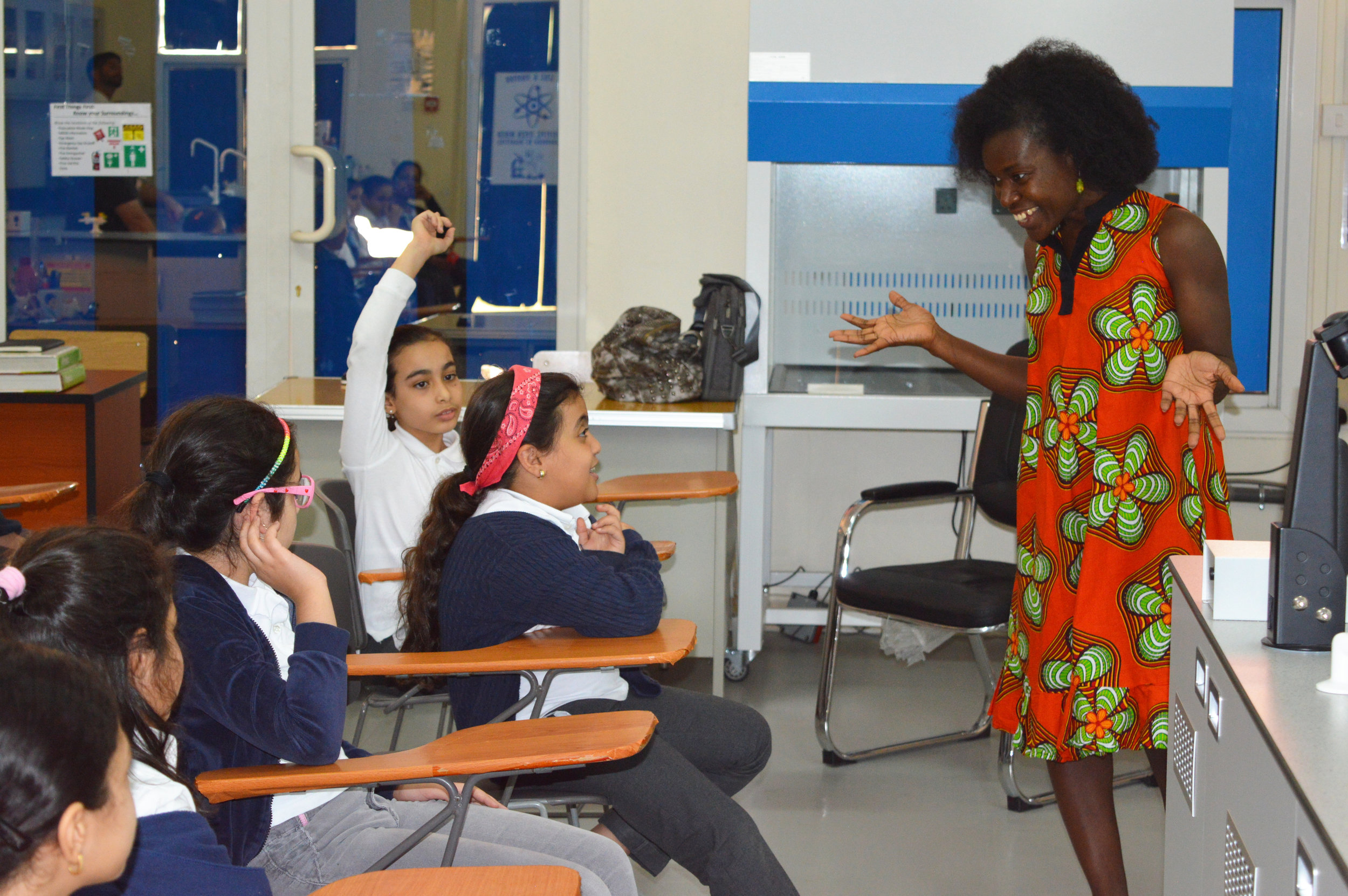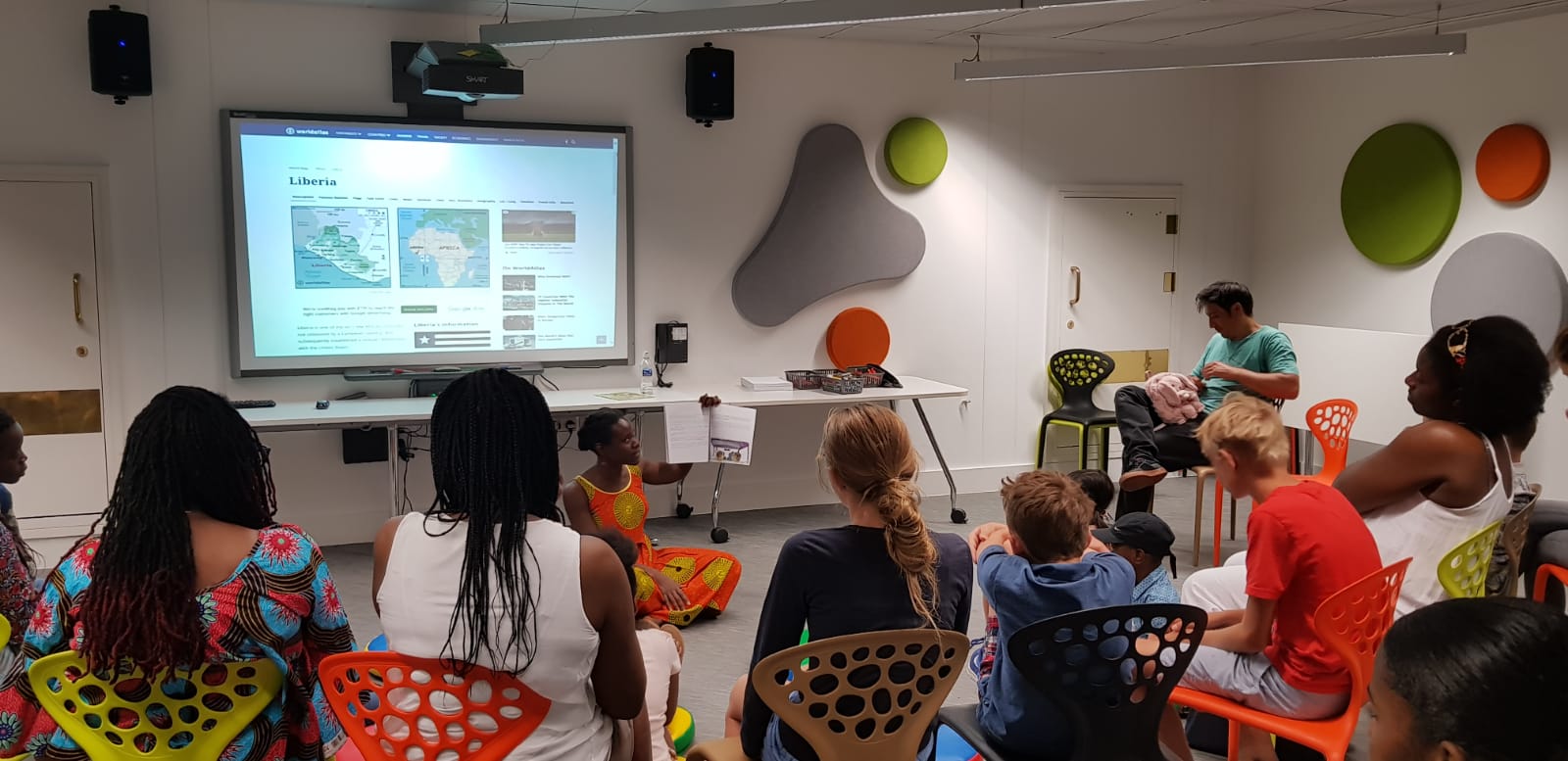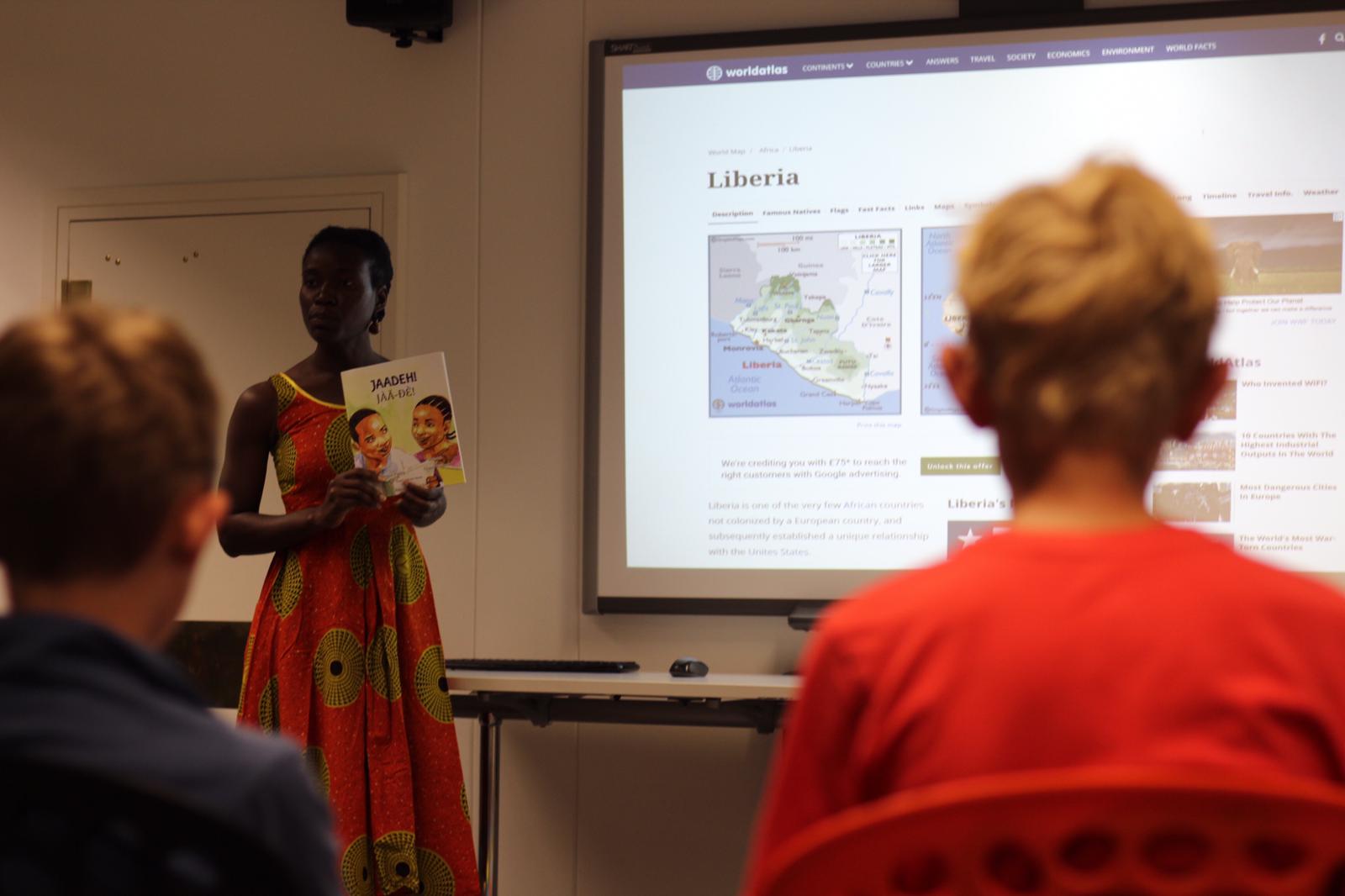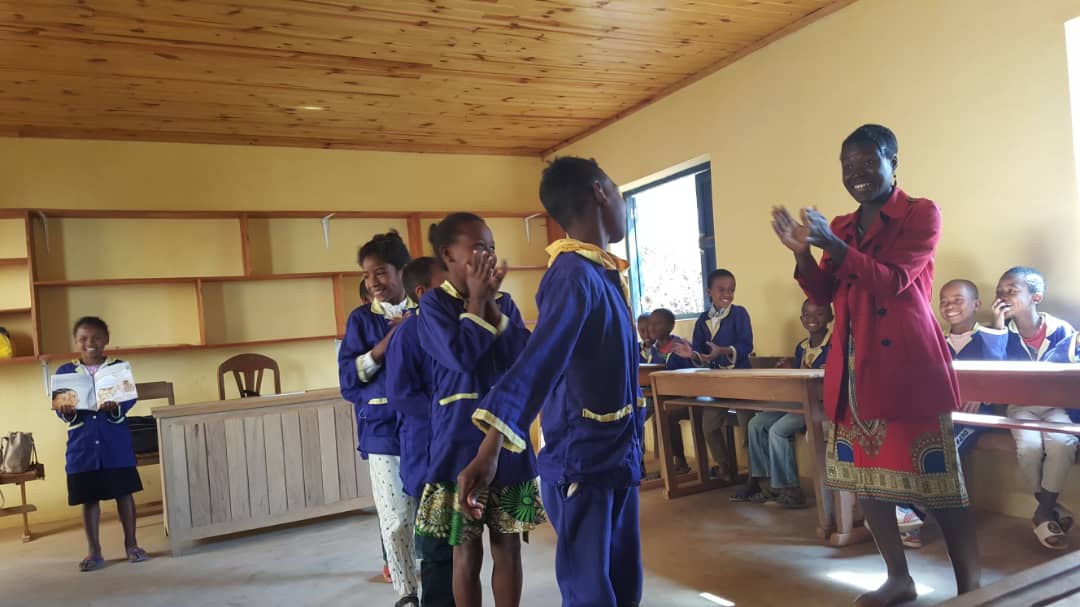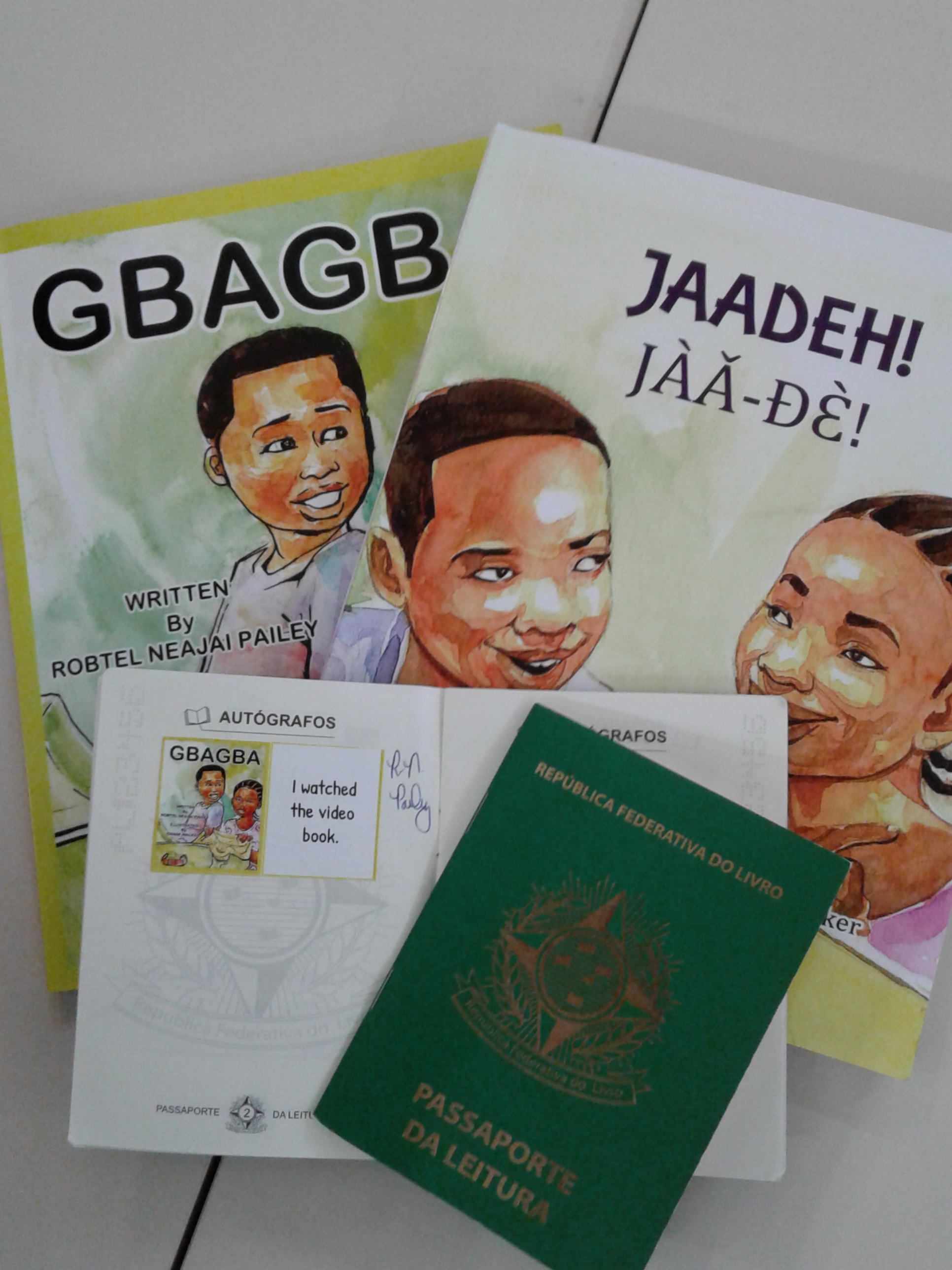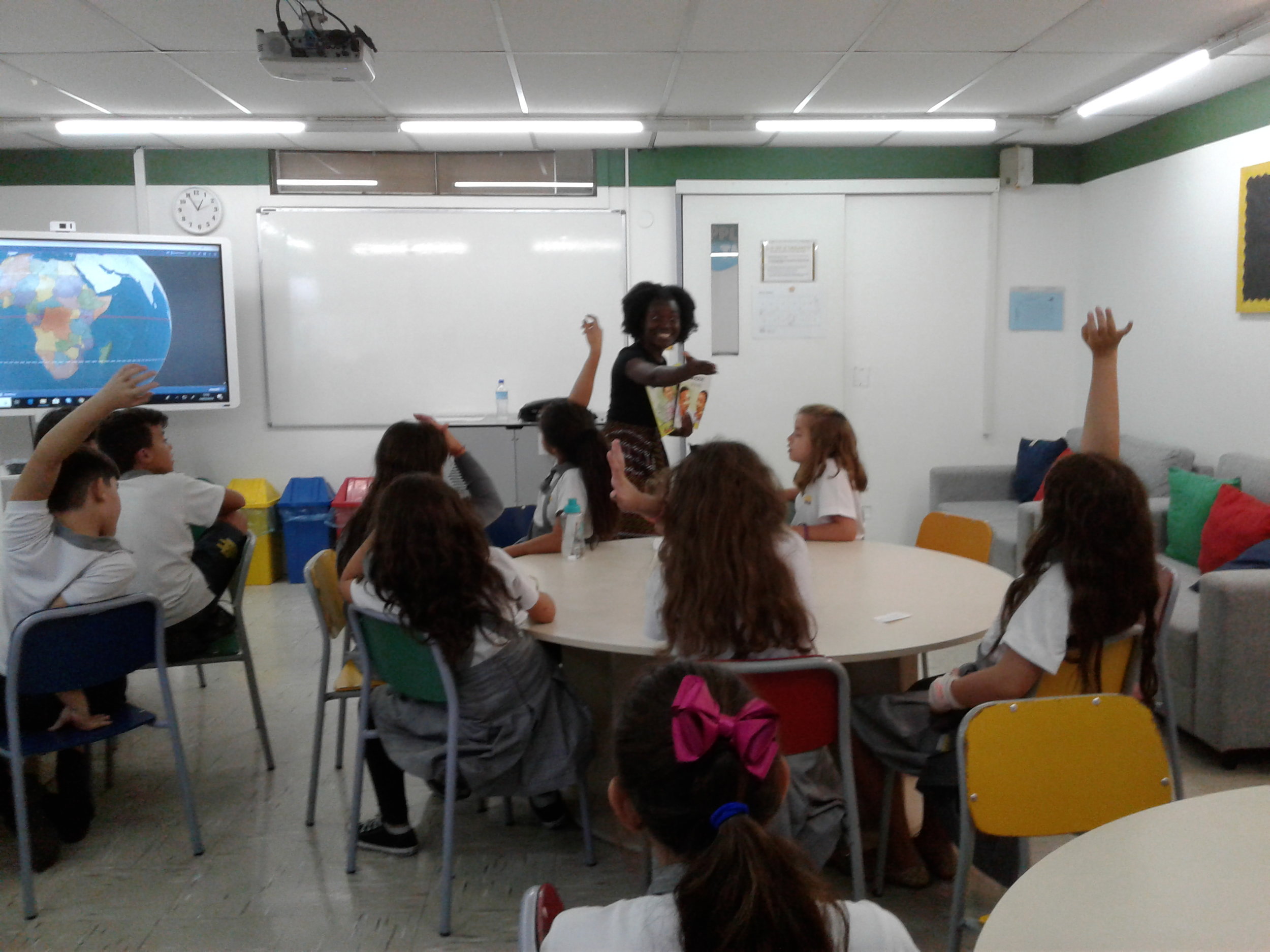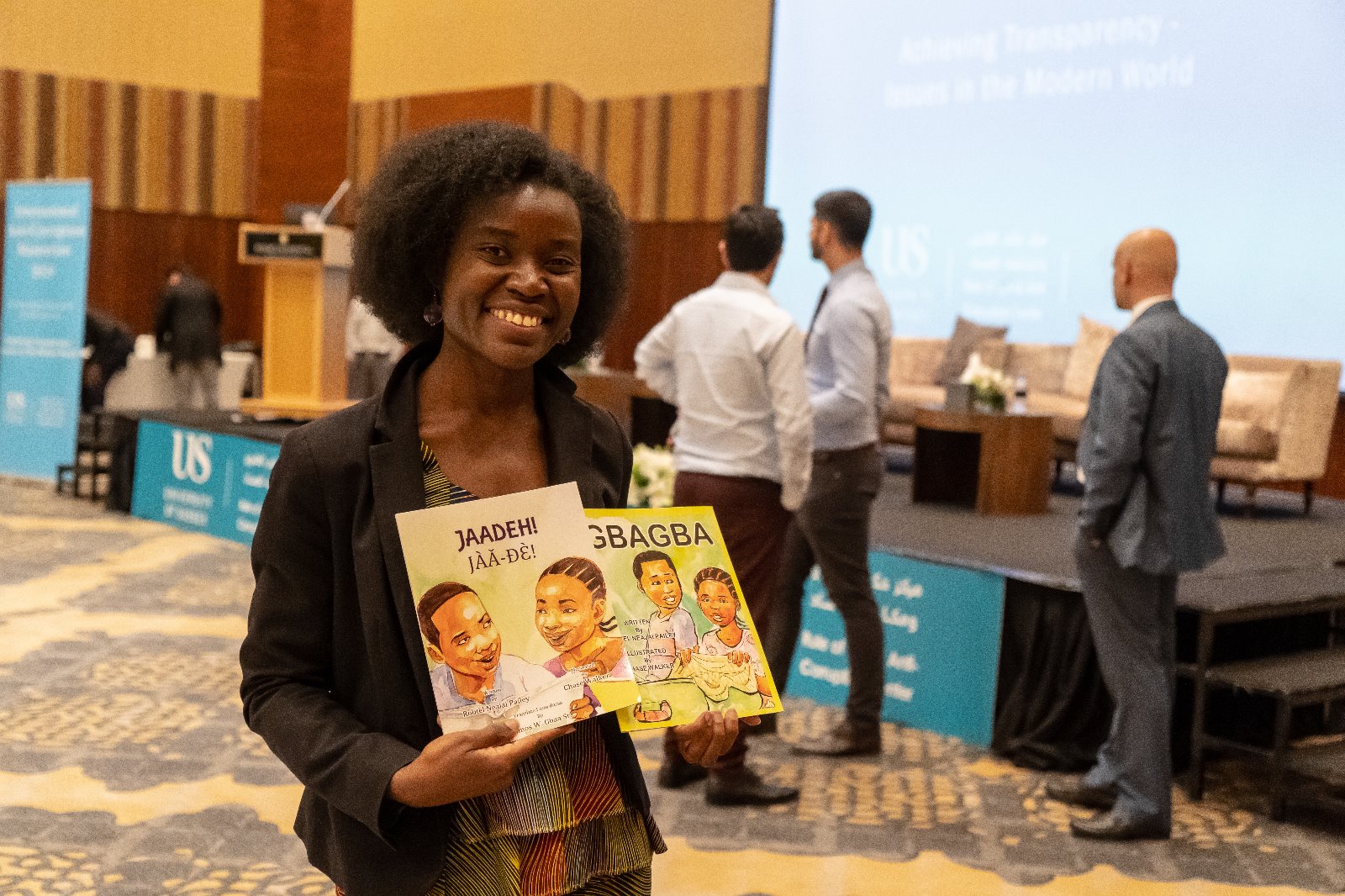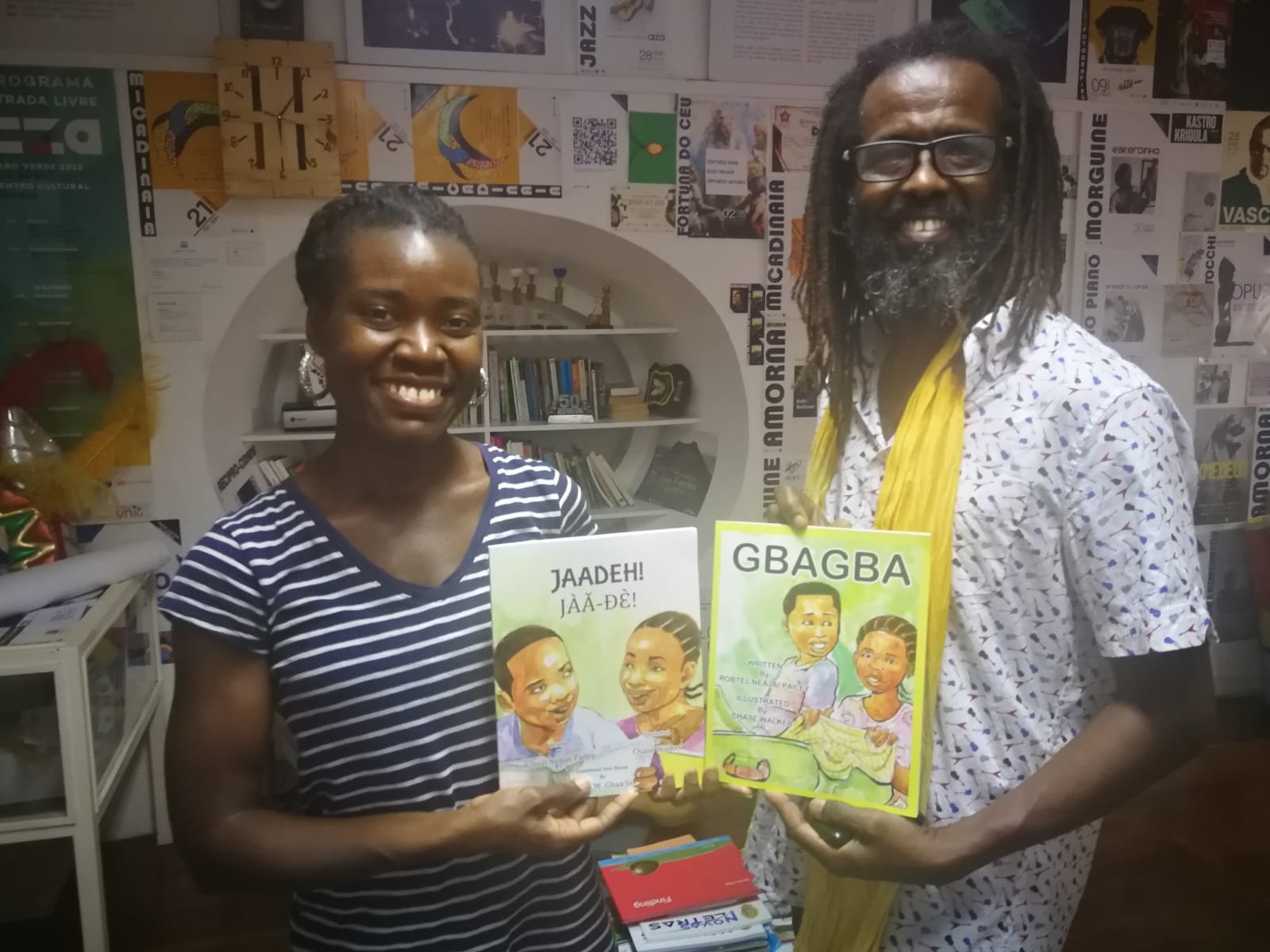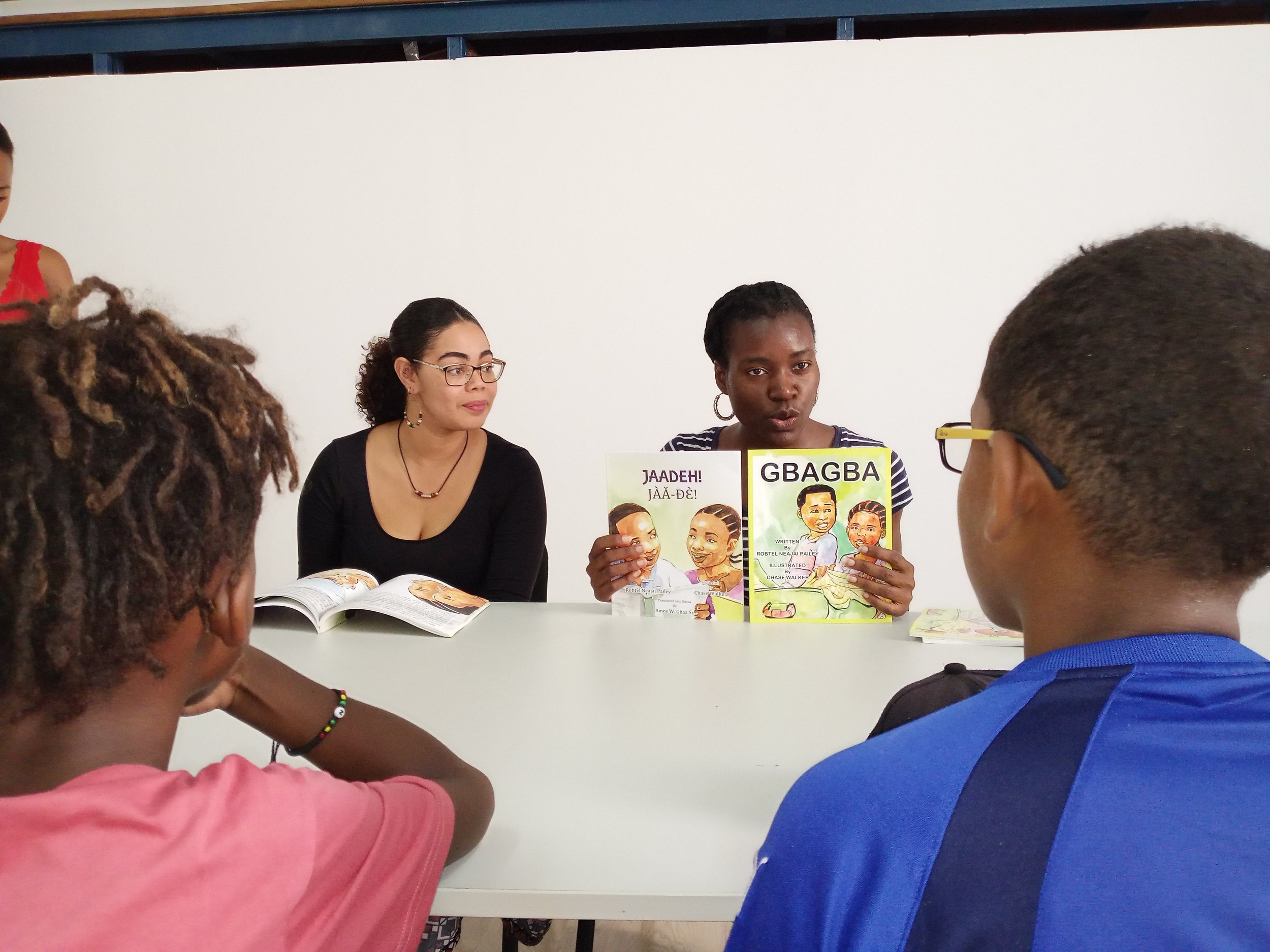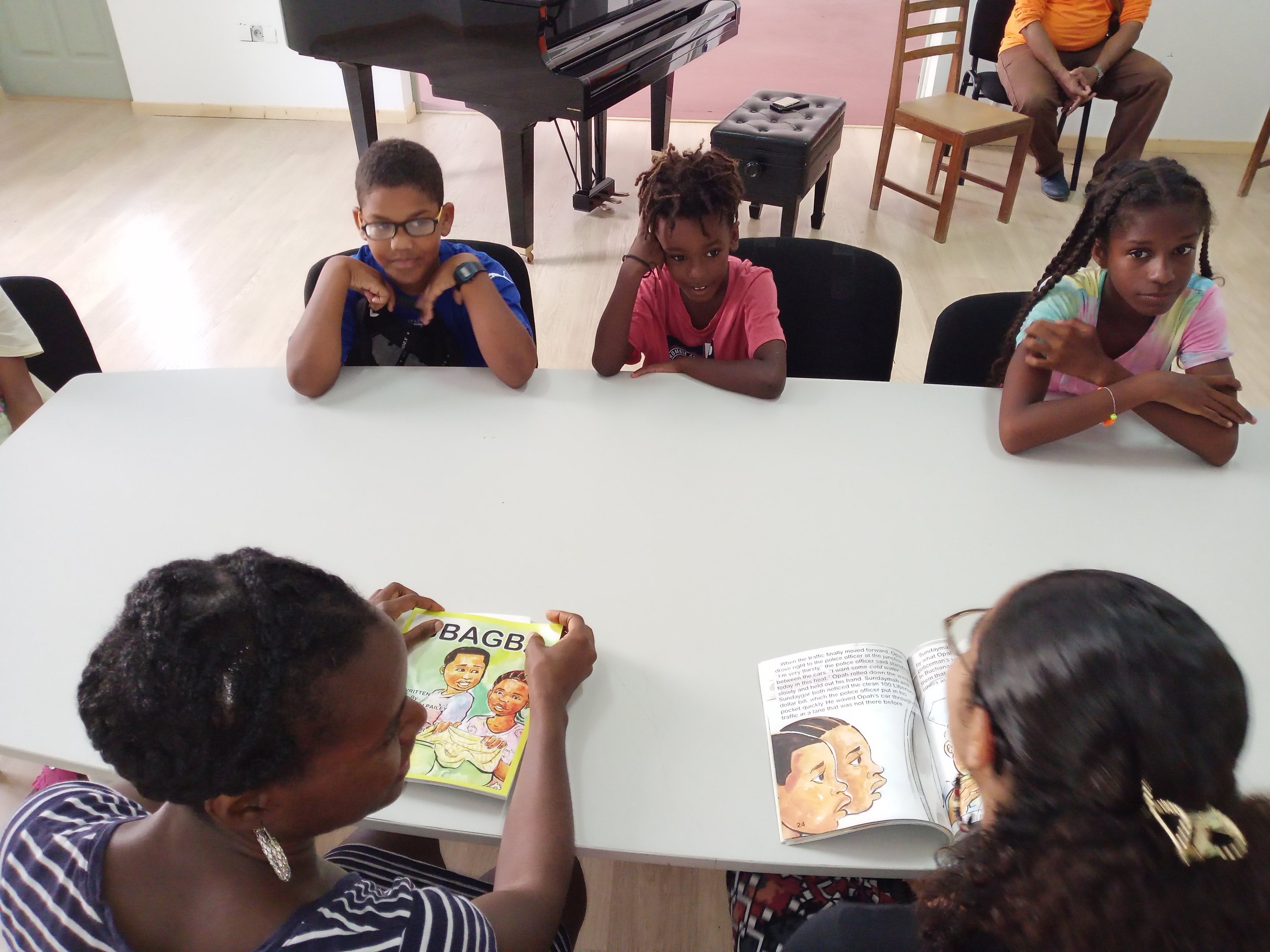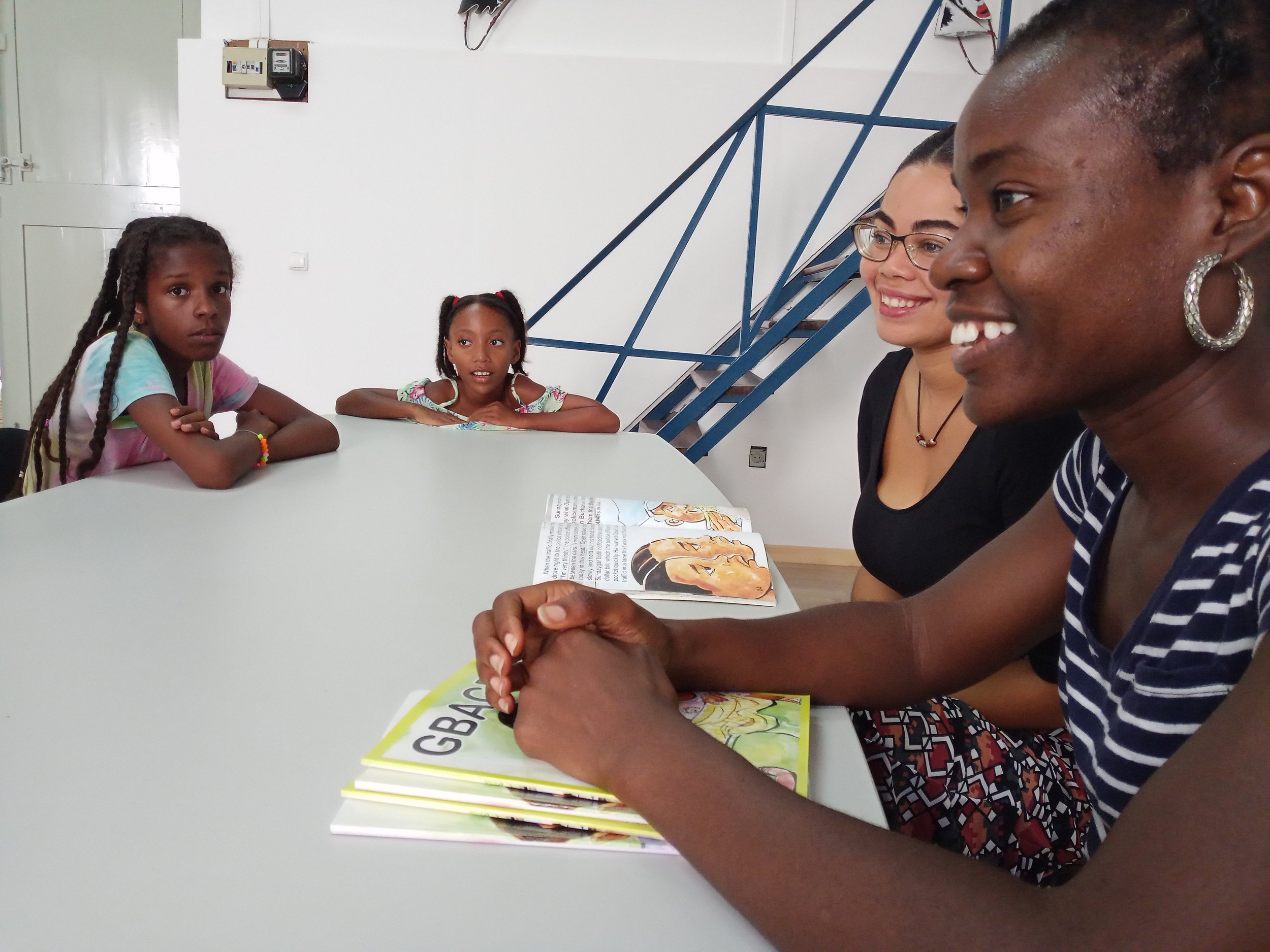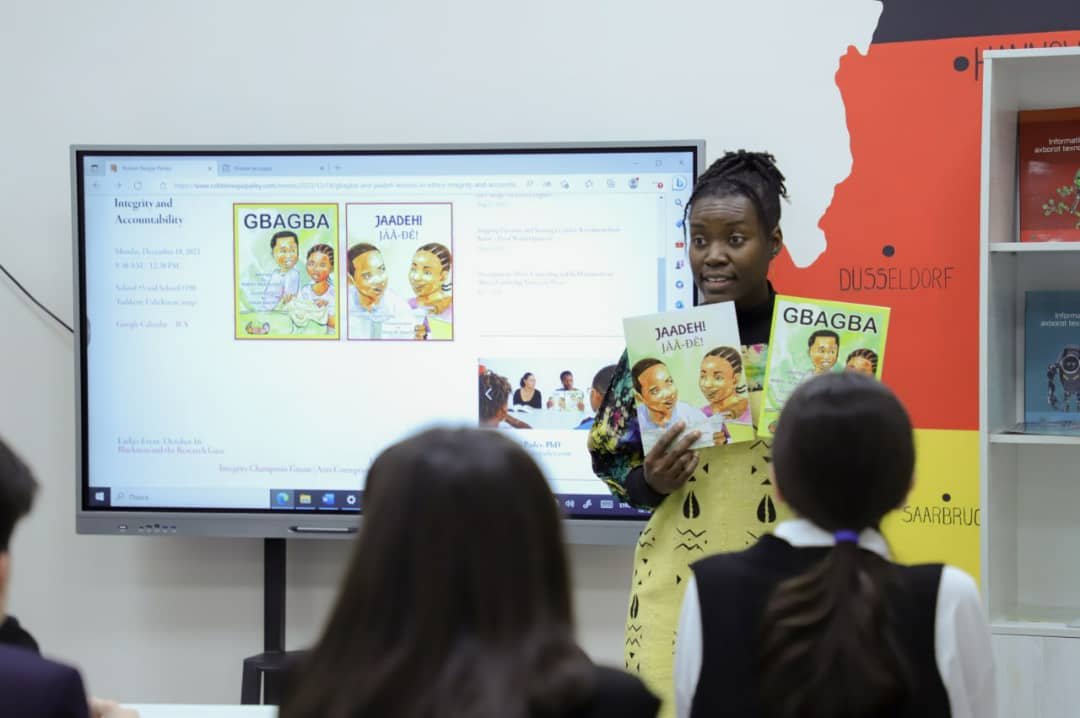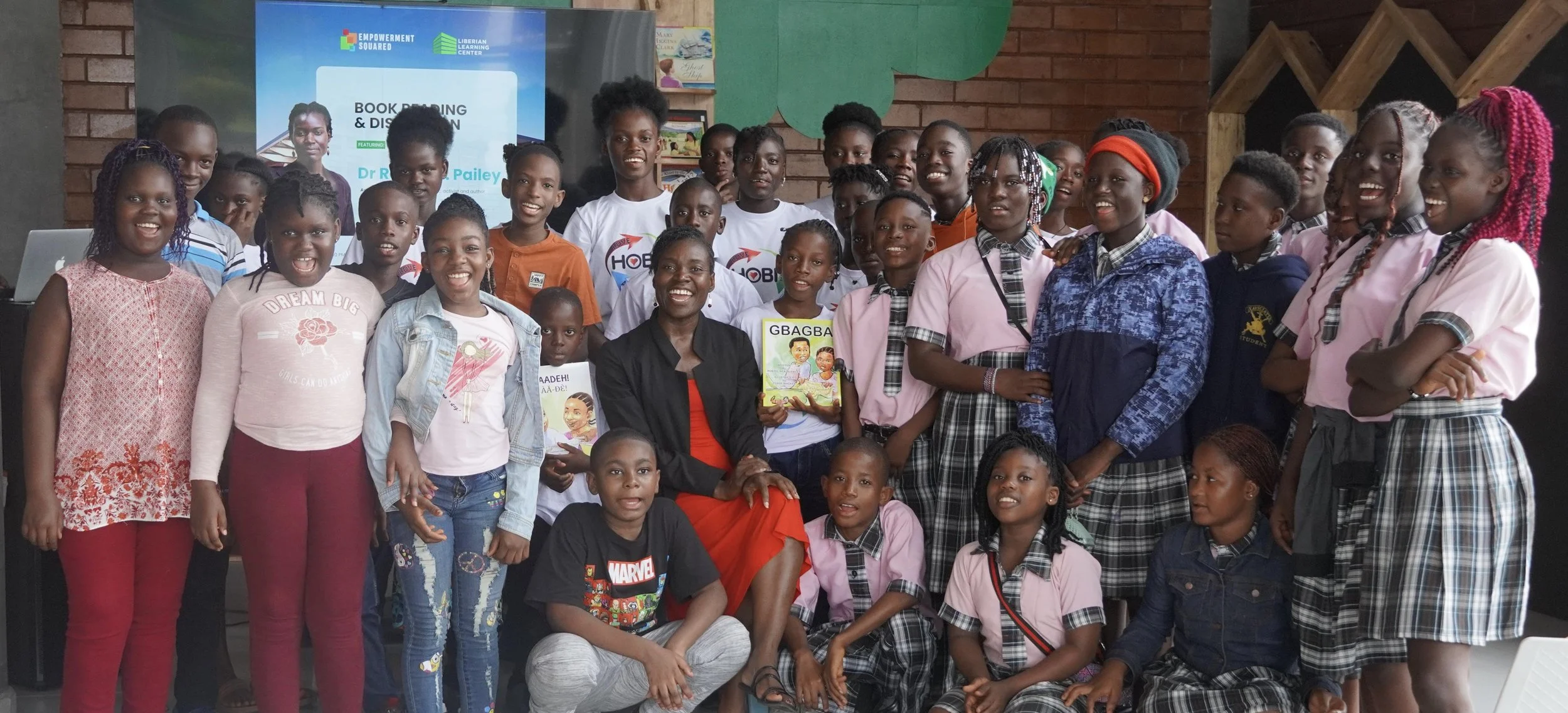He won power by promising to end corruption - but try telling that to the people who want him to just hand out jobs.
“A lot of people come into government believing they are there to enrich themselves,” says Liberia’s President Joseph Boakai.
“They don’t understand what public service is about.”
In the three months since he defeated President George Weah and took the reins, Mr Boakai says he has been “very selective” about who he brings along with him because he blames corruption ‘“for all the crises we’ve had”.
The 79-year-old is a former prime minister but does not hail from a political dynasty.
“I never really had a childhood,” he tells BBC Africa Daily in a wide-ranging interview. “My ambition was just to live a normal life”.
As one of five sons born to a disabled, poor mother and an absent father, he went on to work as a school janitor and rubber tapper.
It was gruelling work - causing him pain because he didn’t realise he was meant to carry rubber on his shoulders instead of his head - but it gave him the grit a politician needs, he tells the BBC.
Those early jobs paid for two pairs of smart trousers, two shirts and a one-way ticket to the capital city of Monrovia.
After gaining a place at the city’s College of West Africa, he could only see his mother one week each year as he had to work within the college to pay for his tuition and upkeep.
Now approaching his 80s, Mr Boakai acknowledges he’s the age of most of the electorate’s grandparents - but sees his role as rooting out deep-seated problems and handing over a well-managed Liberia to the next generation.
“I am here only to guide a process to bring this country to where it should be and then they can take it over.”
So how successful has he been so far?
“Liberians have heard this all before - where a head of state comes in and makes these large, far-ranging proclamations about the fact they’re going to make corruption public enemy number-one,” says author and activist Robtel Neajai Pailey.
However, she adds, President Boakai declared his own assets as soon as he came in and made his appointees do the same. Mr Boakai has also asked for an audit of the presidential office, and beefed up integrity institutions such as the General Auditing Commission and the Liberia Anti-Corruption Commission.
“This is a way of signalling to the Liberian people that it won’t be business as usual,” says Dr Pailey, “and now members of the judiciary and legislature are following suit”.
There is still a long way to go…



